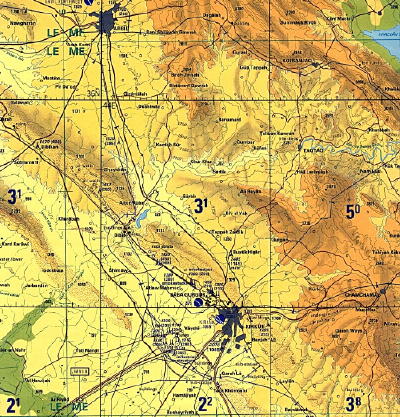Air Assault
Air Assault
Air assault is the movement of ground-based military forces by vertical take-off and landing (VTOL) aircraft - such as the helicopter - to seize and hold key terrain which has not been fully secured, and to directly engage enemy forces. In addition to regular infantry training, air-assault units usually receive training in rappelling and air transportation, and their equipment is sometimes designed or field-modified to allow better transportation within aircraft.
The US Army field manual FM 1-02 (FM 101-5-1) describes an "air assault operation" as an operation in which assault forces (combat, combat service, and combat service support), using the firepower, mobility, and total integration of helicopter assets, maneuver on the battlefield under the control of the ground or air maneuver commander to engage and destroy enemy forces or to seize and hold key terrain.
Due to the transport load restrictions of helicopters, air assault forces are usually light infantry, though some armored fighting vehicles, like the Russian BMD-1 are designed to fit most heavy lift helicopters, which enable assaulting forces to combine air mobility with a certain degree of ground mechanization. Invariably the assaulting troops are highly dependent on aerial fire support provided by the armed helicopters or fixed-wing aircraft escorting the VTOL.
Air assault should not be confused with air attack, air strike, or air raid, which all refer to attack using solely aircraft (for example bombing, strafing, etc.). Moreover, air assault should not be confused with an airborne assault, which occurs when paratroopers, and their weapons and supplies, are dropped by parachute from transport aircraft, often as part of a strategic offensive operation.
|







